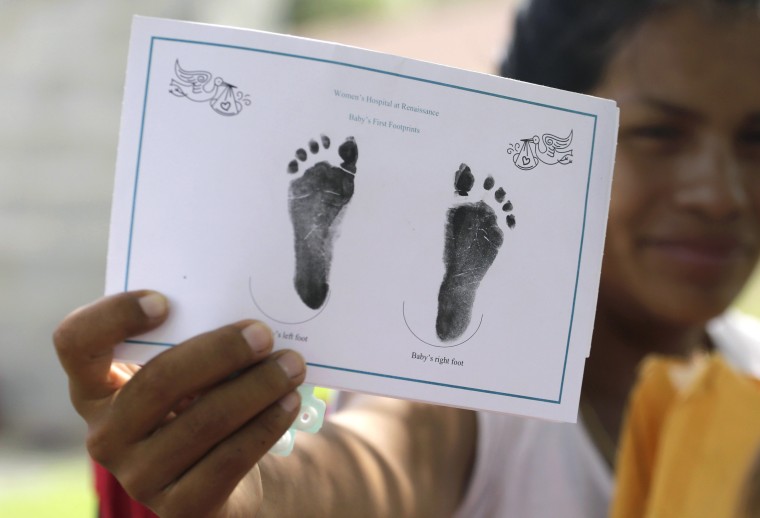A Texas policy denying certain children their birth certificates is hurting those children, a federal judge said before refusing to stop the policy temporarily.
Last Friday, U.S. District Court Judge Robert Pitman denied the families’ request for an emergency injunction against Texas. But the lawsuit continues and the judge has asked for more evidence in the case in which he said families had raised "grave concerns."
Texas has been denying birth certificates to parents who can’t come up with certain forms of identification.
Several families have sued saying their children were kept from school, denied medical treatment, denied baptism or kept from their parents because they lacked birth certificates to prove the children were theirs.
“It simply begs credulity for Defendants (Texas) to argue a birth certificate is not a vitally important document … The lack of a birth certificate, or other documentation establishing citizenship, presents a clear bar to access those rights,” the judge stated in his order denying the emergency temporary injunction.
The case has drawn national attention as immigration has become a central issue in the 2016 presidential race and some candidates have proposed denying citizenship to children with parents not legally in the U.S.
RELATED: U.S. Citizen Kids' Benefits At Risk By Birth Certificate Denials in Texas
In his order denying the injunction, the judge said that the state’s own evidence showed that children under 11 who are being enrolled for the first time in school must produce a birth certificates within 30 days.
Also, in a footnote, the judge’s order says that one of the parents suing said in an affidavit that in calls to five public schools, the caller was consistently told a birth certificate was required for attendance.
The judge said the families suing the state had shown that denying the birth certificates denies the children their rights as citizens, their right to free exercise of religion (because some are being denied baptism) and their right to travel.
The judge also said that a constitutional right to family integrity is jeopardized because without birth certificates families were having trouble getting public assistance for the American citizen children for food, shelter, medical care.
“He fully recognizes that the children’s rights here are at stake,” said Jennifer Harbury, an attorney with Texas RioGrande Legal Aid Inc., who represents the families.
But the judge also said the state has a compelling interest to protect birth certificates and the information within them. He said Mexico doesn’t keep a central database of who has been issued a matrícula and which consular office issued it. Mexican consulates also do not verify the authenticity of documents presented by persons seeking a matrícula. The FBI and Department of Justice do not recognize the matrícula as a valid form of ID, the judge noted.
“Before issuing any official documents, it’s important for the state to have a way to accurately verify people are who they say they are through reliable identification mechanisms,” Texas Attorney General Ken Paxton said in a statement issued Friday.
The attorney general's office declined further comment.
Mexico has made some major security improvements to the card, as recently as last year. The improvements include embedding the card with identity data, the court noted.
Both sides will get a chance to respond to the judge’s conclusions with additional evidence as the case continues to trial.

